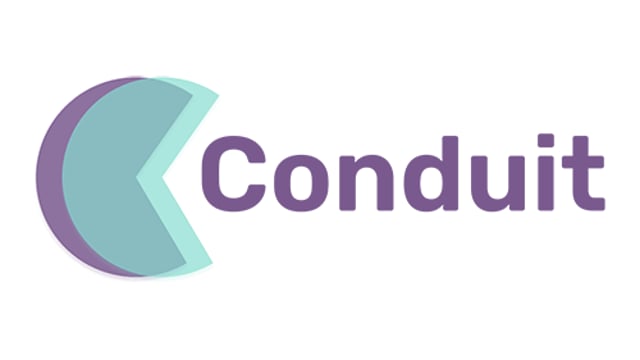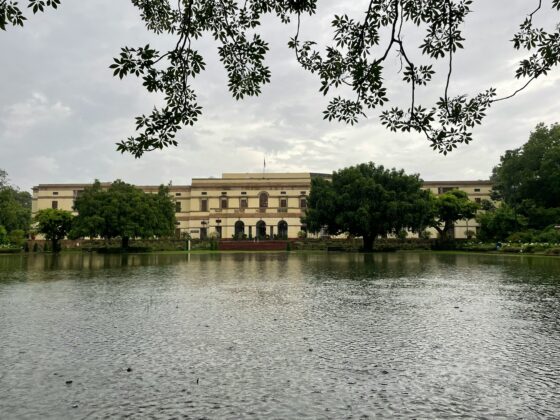
As hotel CTOs navigate the ongoing labor shortage, AI-driven solutions promise to bridge the gap—automating tasks, optimizing schedules, and streamlining operations. Yet, the hotel industry faces an important challenge: How might AI-driven technologies trigger labor disputes, legal pitfalls, or unintended biases in workforce management?
Lara Shortz, Employment Advice, Counsel & Executive Disputes Chair at Michelman & Robinson, offers critical insights into the evolving legal landscape surrounding AI in hospitality. From the risks of algorithm-driven performance reviews to the complexities of gig labor compliance, she explains why balancing automation with employee well-being isn’t just good business—it’s a legal necessity.
Here’s what hotel leaders need to know about deploying AI while safeguarding both workforce stability and brand reputation.
AI-driven tools are becoming increasingly prevalent in hotels, from automated check-ins to shift scheduling. What should CTOs keep in mind when implementing these technologies?
While AI-driven tools promise operational efficiencies—from automated check-ins to streamlined shift scheduling—hospitality remains deeply rooted in human interaction. Even the most advanced machine-learning systems can’t replicate authentic human service that guests expect when they walk through a hotel’s doors. CTOs are understandably eager to embrace these emerging technologies, but they must do so with clear-eyed caution.
How do labor market pressures, including union activity, impact the rollout of AI in hospitality?
For larger properties, especially, there’s heightened scrutiny on wages, benefits, and overall employee well-being. Unions remain influential in certain jurisdictions, and any technology perceived as diminishing human roles may draw swift opposition or even lead to labor disputes. Balancing the rollout of AI with a continued commitment to employee relations, safety, interactions, and perks is not just good business—it’s a legal imperative in places where union activity runs high.
AI is increasingly being used in workforce management, including performance reviews. What are the risks and benefits of this approach?
While automated systems can rapidly process metrics and even detect patterns that human managers might miss, they also introduce new risks around potential biases or errors in algorithmic decision-making. In fact, nothing can replace human reviews of performance and employee interaction. That being said, AI-driven analytics can be a boon for budgeting, shift allocation, and the big-picture data that allows executives to spot pay inequities or workforce bottlenecks.
Contract labor is a growing part of hotel operations. How do evolving labor laws affect hotels that rely on gig or third-party workers?
The legal landscape surrounding gig and contract labor is increasingly diverse at the state level, even if there’s a perceived federal shift away from broad joint-employment standards. A property that relies heavily on third-party contractors or app-based staffing must draft its agreements carefully, ensuring indemnity and compliance terms are spelled out to avoid cross-liability. It’s one of those areas where you can’t simply assume the federal perspective will prevail; local and state regulations can be far more stringent.
What are the key legal considerations when introducing AI tools or workforce management platforms in hotels?
Above all, any hotel introducing a new AI tool or workforce platform should engage counsel at the outset. This is not just about labor law or union negotiations—it also touches privacy regulations that govern how employee and guest data are collected, stored, and used. Missing a key compliance requirement in the early stages can create long-term liability and erode trust with both employees and patrons.
In short, artificial intelligence can be a powerful ally in modern hospitality if—and only if—companies remain attentive to its legal and human implications. Savvy hoteliers will protect their brand reputations by blending technological innovation with a genuine respect for the people on both sides of the check-in desk.








